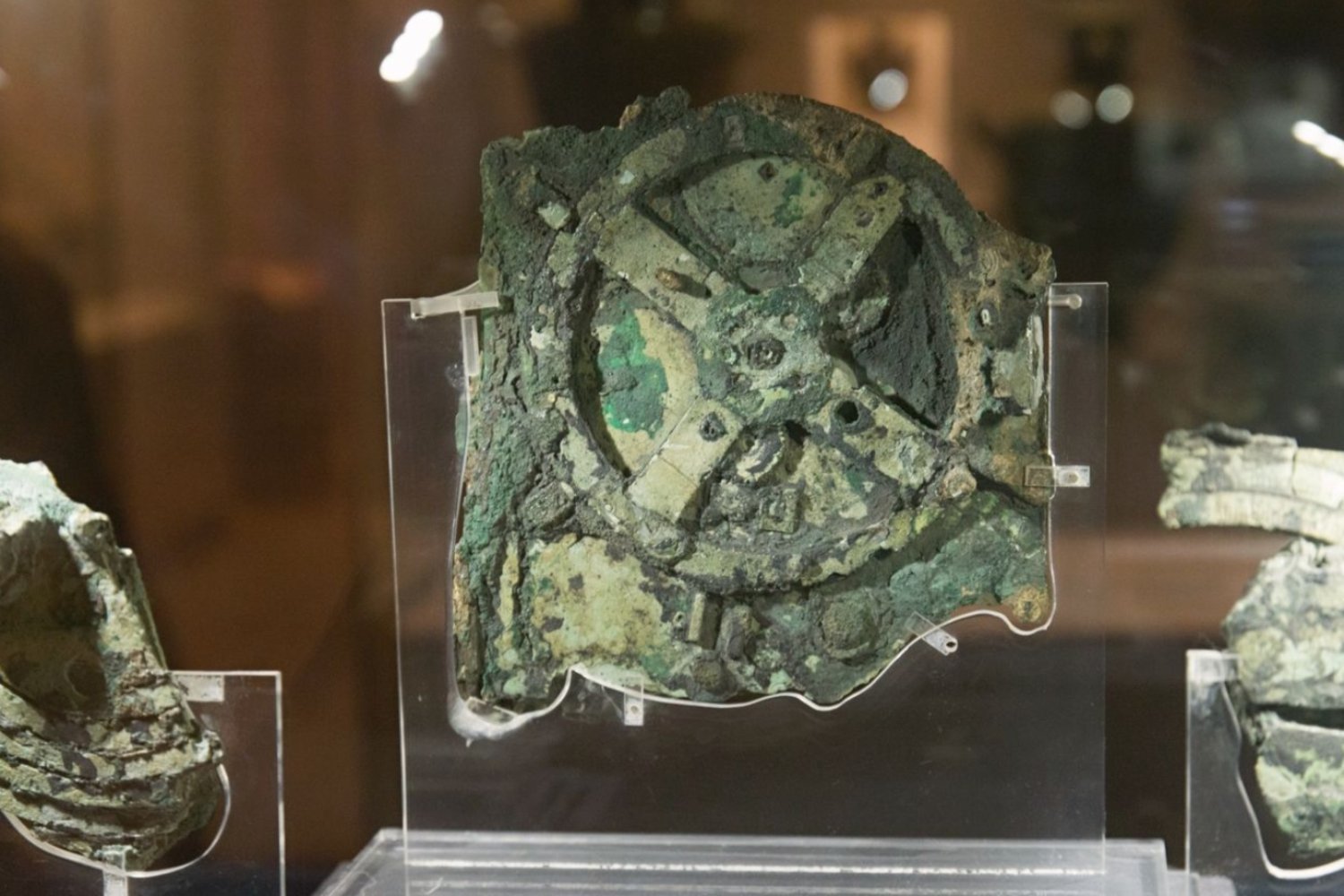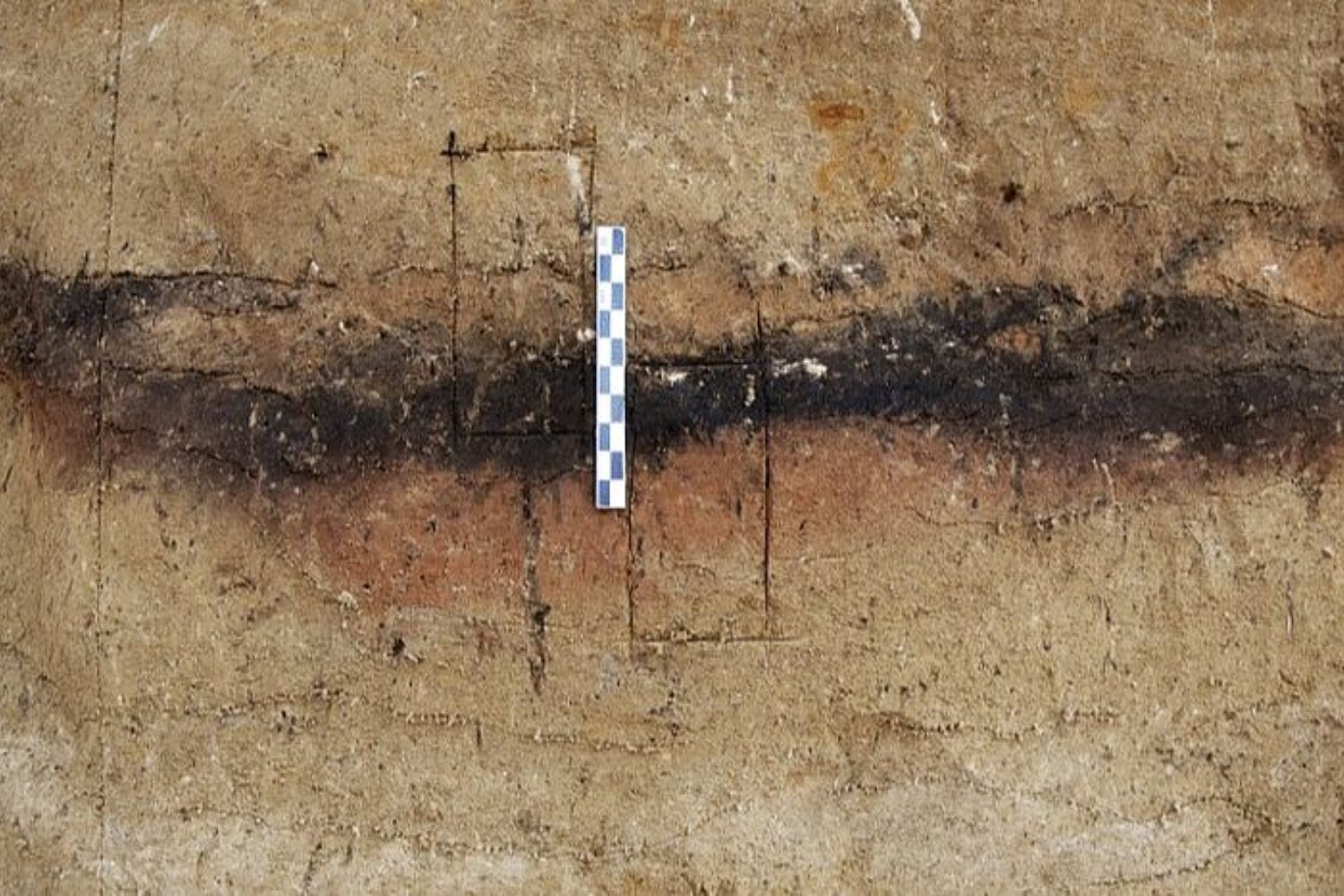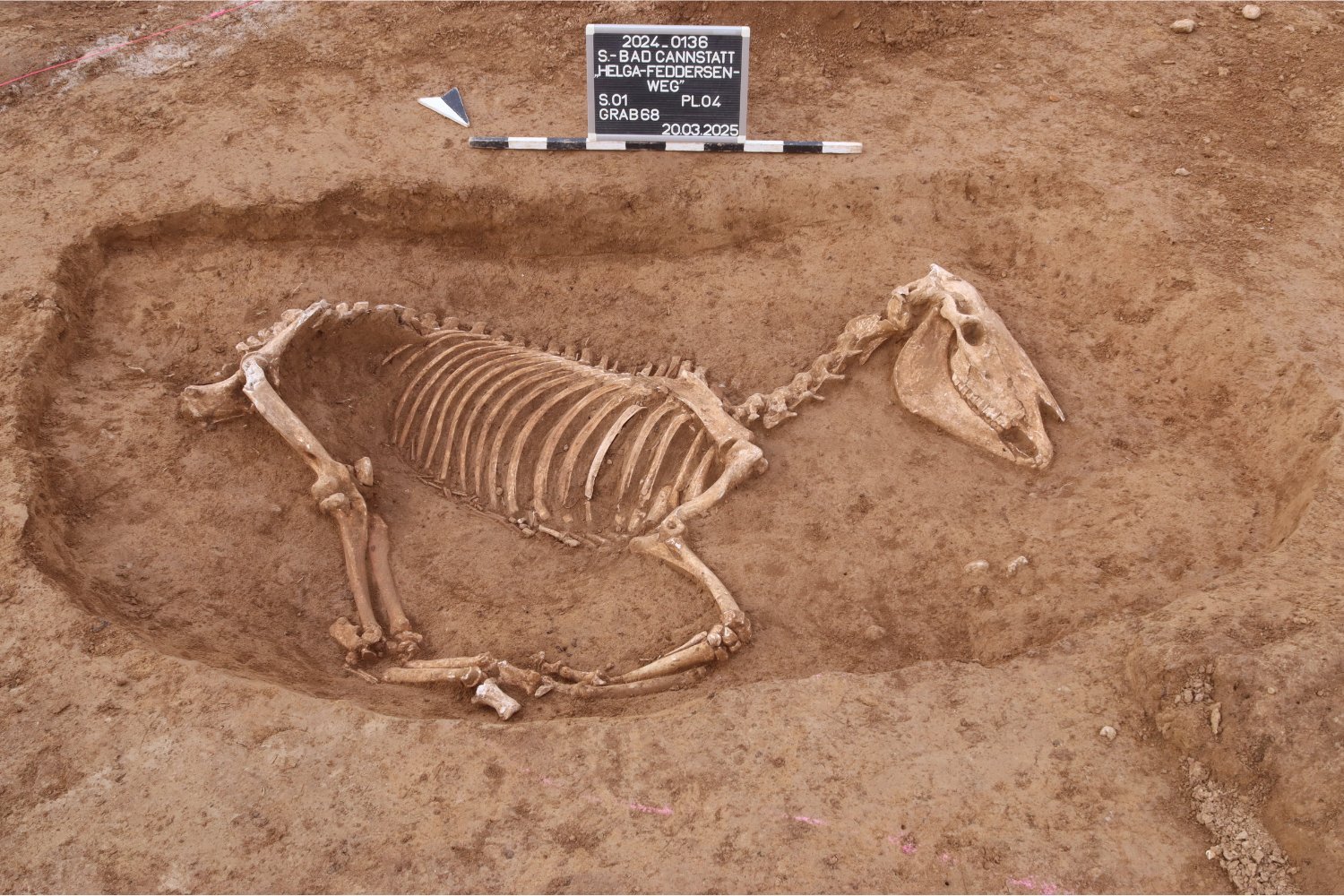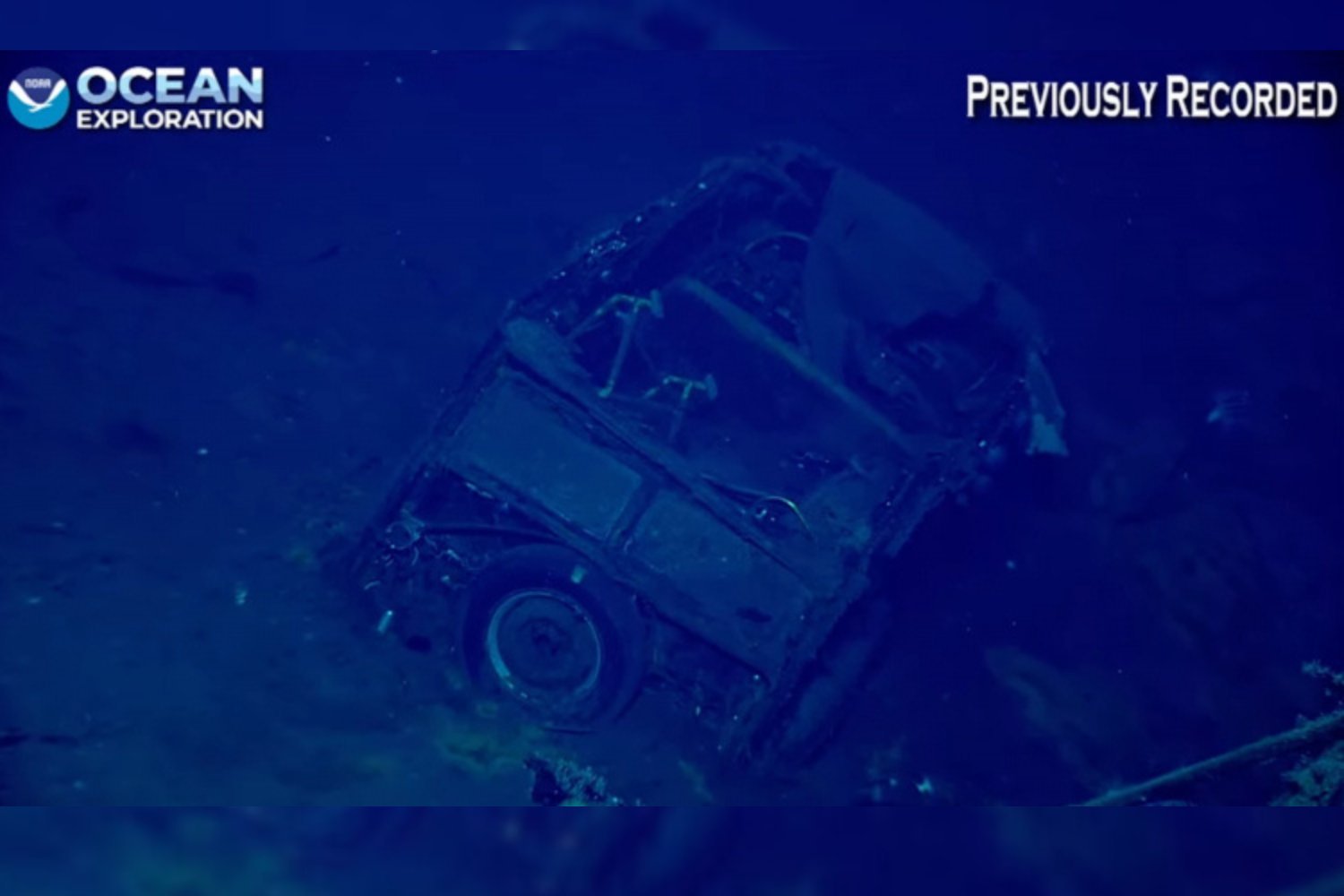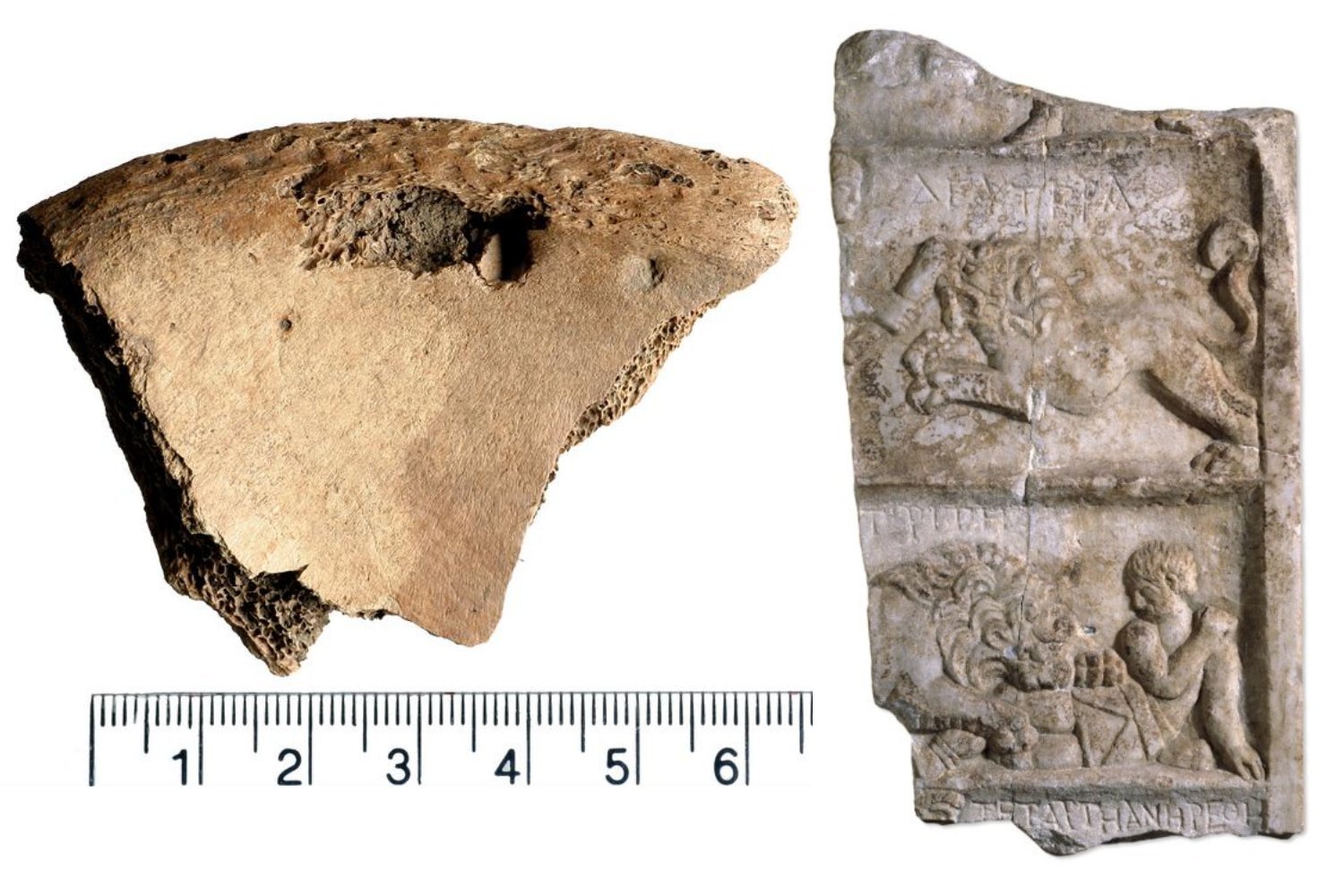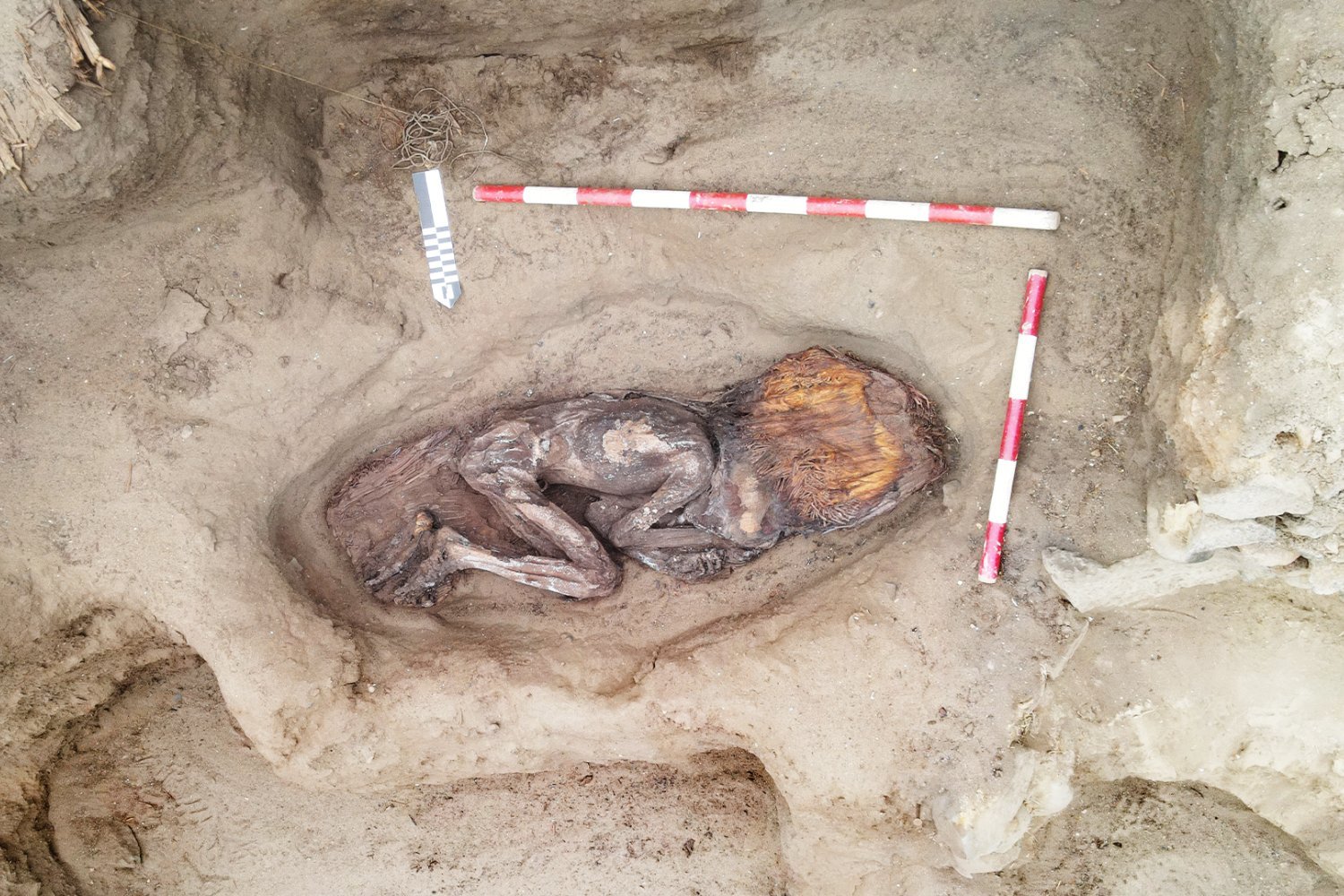A recent expedition by British traveler Camilla Hempleman-Adams has ignited debate after she claimed to be the first solo woman to traverse Baffin Island in Canada’s Nunavut territory. Hempleman-Adams completed a 150-mile (241-kilometer) journey from Qikiqtarjuaq to Pangnirtung last month, a feat initially reported as a record-breaking achievement. However, the Inuit community in Nunavut has challenged her claim, asserting it erases indigenous history and reflects a colonial perspective.
Hempleman-Adams’s initial assertion, based on information from Parks Canada that no historical records existed of a similar feat, was widely reported in various media outlets. This triggered a swift and critical response from Inuit community members who argue that such journeys were an integral part of traditional Inuit life, pre-dating any formal record-keeping. Gayle Uyagaqi Kabloona, a member of the local Inuit community, voiced her concerns on social media, highlighting the erasure of Inuit history on their own land. Kabloona pointed out the discrepancy between Hempleman-Adams’s route across the Cumberland Peninsula and traversing the entire Baffin Island, which spans 1,500 kilometers. She further emphasized the inaccurate portrayal of Baffin Island as uninhabited in some media reports, contrasting this with the rich history and continuous presence of Inuit people in the region.
Kabloona’s post called for acknowledgment of the inherent indigenous history of the land and urged for an apology from Hempleman-Adams and a retraction from media outlets that had published the initial claim. Her post resonated with many, highlighting the importance of recognizing and respecting indigenous knowledge and experiences that often go unrecorded in official archives. Kabloona used her grandmother as an example, recounting her annual journeys of hundreds of kilometers, even while pregnant, to traditional hunting and fishing grounds. This, she emphasized, represented a normal way of life and exemplified the deep-rooted connection between the Inuit people and their land.
In response to the criticism, Hempleman-Adams issued a written statement to CBC News. While reiterating her prior consultation with Parks Canada and local experts, she acknowledged the possibility of misinformation and offered an unreserved apology for any offense caused. She expressed deep respect for the land, its people, and their history, emphasizing her admiration for the region’s nature, culture, and traditions. Hempleman-Adams committed to learning from the experience and engaging with the community respectfully. Following the controversy, she deactivated her Instagram account and removed her expedition blog. This incident underscores the importance of thoroughly researching and understanding local histories and cultural contexts, particularly when making claims about “firsts” in areas with rich indigenous traditions.




